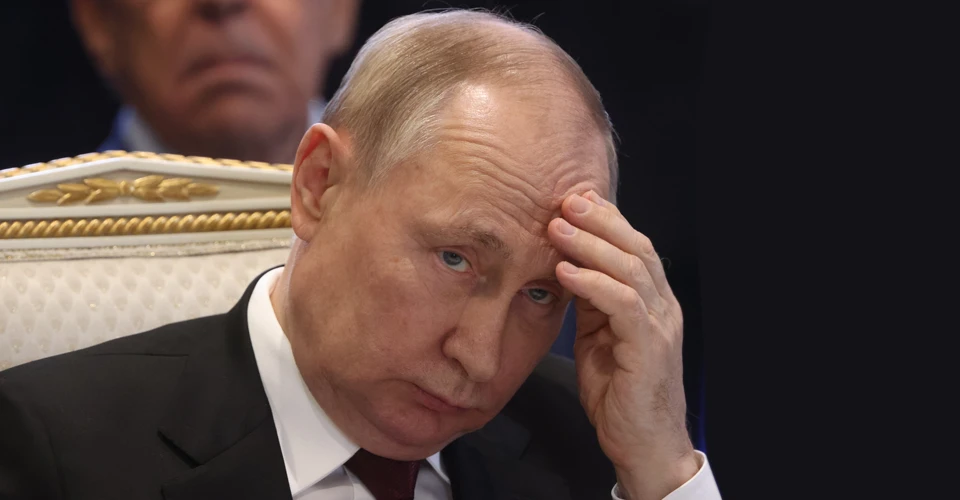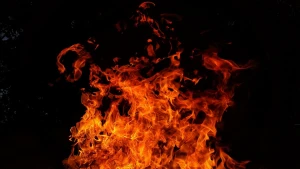
Putin will try to remove ICC arrest warrant for him - Feygin
Russian opposition politician and lawyer Mark Feygin believes that the warrant is very psychologically unnerving for Putin, as it cements his reputation as an international war criminal
He shared his opinions with Espreso TV.
"Is it possible, and I think so, that a peace agreement with Ukraine will include a clause that Putin will be released from the warrant for committing a war crime? I am convinced that in addition to the requirement to lift sanctions, which they have stated more than once, that is, when the agreement with Ukraine takes place, the sanctions must be lifted, now a more important and higher-ranking item will be the lifting of the international warrant of the International Criminal Court. And this is a demonstration that Putin is psychologically very nervous about this fact, because he will now remain in history as an international war criminal. And this kind of fame does not excite him too much. I understand that to a certain extent he doesn't care, but it definitely worsens his situation psychologically. He certainly wanted something different for himself," the politician noted.
Mark Feygin reminded that even before 2014, there were times when Russia tried to promote the topic of awarding Putin the Nobel Peace Prize, even funding the system.
"They were working hard on the topic of the Nobel Peace Prize for Putin, even though he knew he was no angel. After all, Arafat (the leader of the Palestinian national movement, one of the founders and since 1969 the leader of the Palestine Liberation Organization - ed.) was given the prize, why not give it to Putin? What kind of peace prize can there be for a war criminal? Two states on the scales are causing Putin psychological discomfort: the attempt to receive the Peace Prize and now the warrant. Undoubtedly, he will try to get rid of this warrant," Feygin said.
-
On March 17, the International Criminal Court issued an arrest warrant for Vladimir Putin and Russian Children's Commissioner Maria Lvova-Belova in the case of deportation of Ukrainian children to Russia.
-
The Kremlin was unprepared for the International Criminal Court's issuance of an arrest warrant for Russian leader Vladimir Putin and does not understand how to protect him during his travels abroad.
-
On March 23, the International Criminal Court responded to Russian threats over Putin's arrest warrant.
- News












































